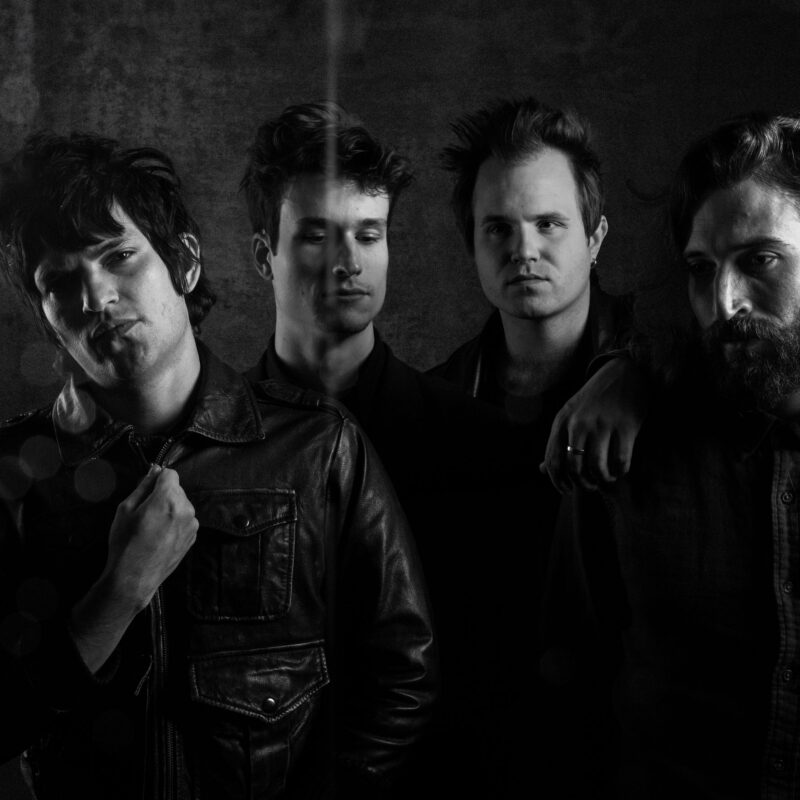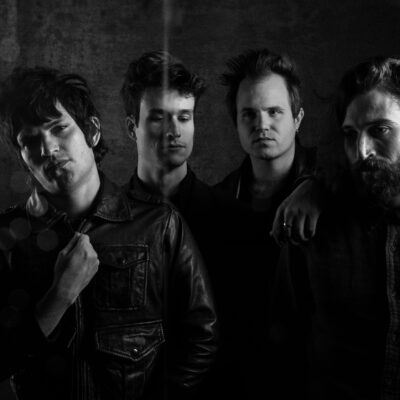If your favorite part of Independence Day is when the dog jumps to safety, San Andreas is your movie. Thematically and tonally inconsistent, it has one goal and one goal only: to make you cheer.
Never mind the deaths of millions upon millions of human beings as the backdrop in a story that leads to triumph in a moment of silly glory. Forget the moral or complex questions surrounding funding for scientific research, and society’s collapsing trust in academia as explored in more recent environmental disaster films. There is exactly one guiding moral principle in San Andreas: If you’re ever caught in a 9.0-plus earthquake, you’d better be a good guy scientist and/or related to The Rock, otherwise you’re probably toast.
That’s less of a sarcastic dismissal than it may seem. In a way, the lack of conviction to anything but big emotions and even bigger setpieces is what makes San Andreas tolerable. The first act races through plot details about LAFD rescue helicopter pilot Ray Gaines (The Rock) and his estranged family (Alexandra Daddario and Carla Gugino), intercut with Lawrence (Paul Giamatti), a professor who has been working on the cutting edge of earthquake prediction. Then there’s a big earthquake and people begin acting as expected based on the foreshadowing from the first 20 minutes. The two plotlines never directly intersect, but the plot is not the reason you bought your ticket, so it’s not the primary concern of director Brad Peyton, who ditches the tonally inconsistent narrative and gradually comes to rely on one-liners and Fast & Furious-esque setups (see: romantic interludes among mass floods and attempting to drive a speedboat over a tsumani before it crests).
With a script by “Lost” and “Brisco County, Jr.” co-creator Carlton Cuse and a director whose most notable credits are Cats & Dogs: The Revenge of Kitty Galore and Journey 2: The Mysterious Island, San Andreas at times feels like it was written as a goof but produced and acted in earnest.
Most disaster movies are not chiefly about disaster; after the initial loss of life, questions of societal continuity, whether humanity brought this on itself by its hubris, and how not to give in to fatalism in the face of such atrocity are usually overtones in these movies, which is why there’s usually a shot of the White House blowing up or some other landmark having lost all luster and meaning. There is no such conflict to be found here, it’s just earthquake and reaction, leaving the characters little to do but alternate between unstoppable superheroes and practical survivalists in a story that sometimes feels like an earthquake awareness public service announcement covertly produced by FEMA. The closest thing to a villain is Ray’s estranged wife’s millionaire boyfriend who just wanders around San Francisco being selfish.
The most interesting thing about San Andreas—and this is giving it a lot of leeway—is where it puts its trust. In a way, it shows people as being basically good when faced with calamity that affects everyone equally (with a few extreme exceptions). And where most disaster and post-apocalyptic films show a power vacuum being filled by the least desirable element, no such abuse occurs here.
None of this is to say it’s good or bad. It’s neither, it just is what it is. No more, no less. If this sounds like the kind of movie you want to see, you should see it, nod in appreciation when the credits roll, and get on with your life.
Playing this week
Aloha
Avengers: Age of Ultron
Entourage
Far from the Madding Crowd
Mad Max: Fury Road
Pitch Perfect 2
Poltergeist
Tomorrowland
Regal Stonefield 14 and IMAX
244-3213





